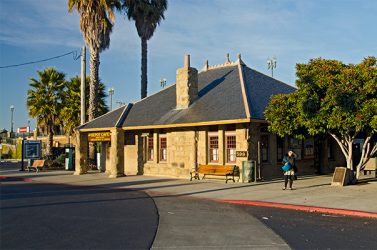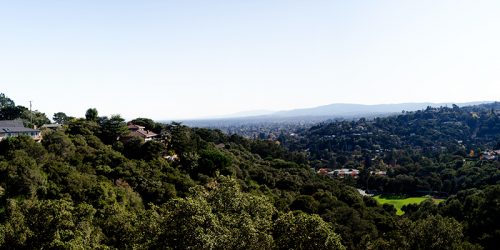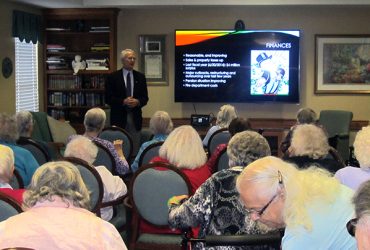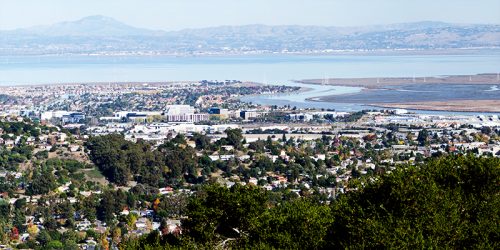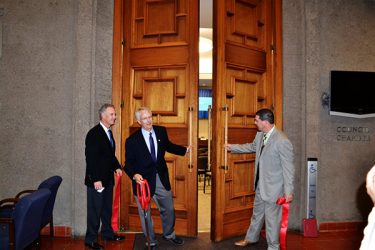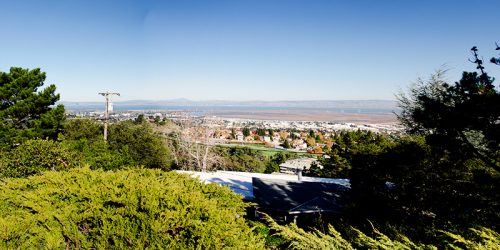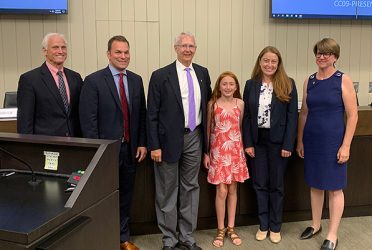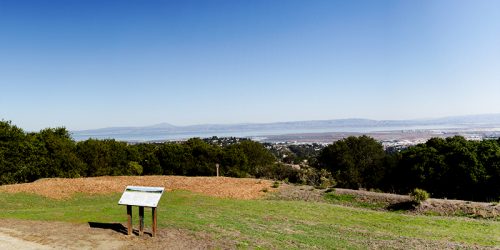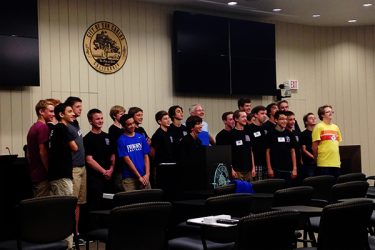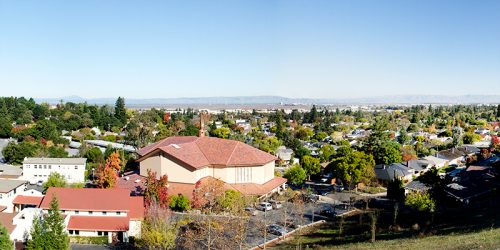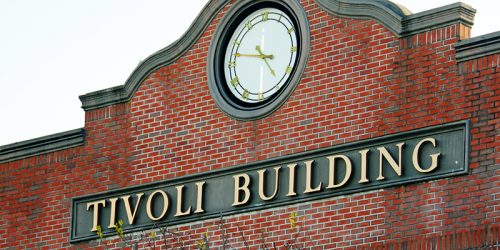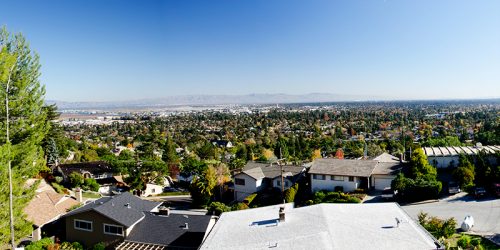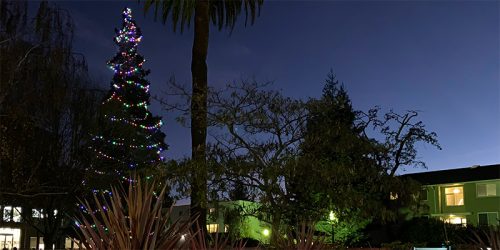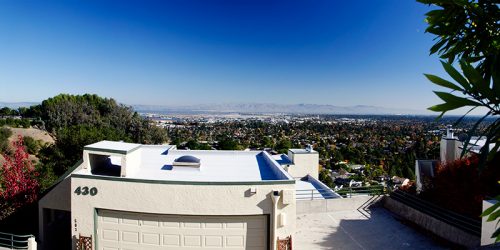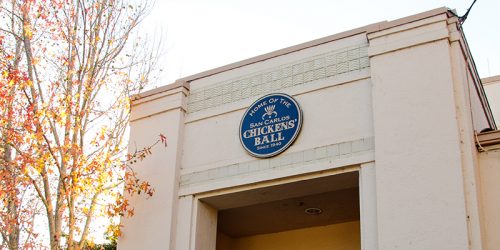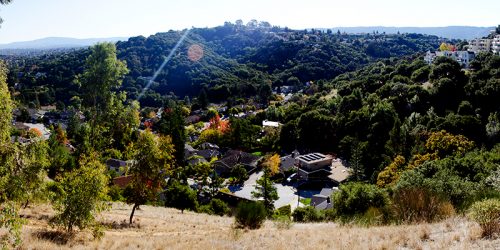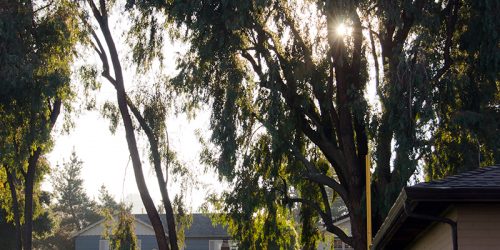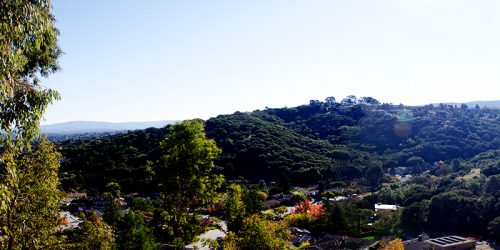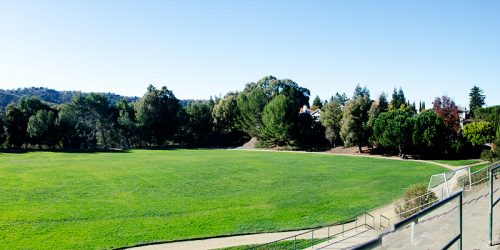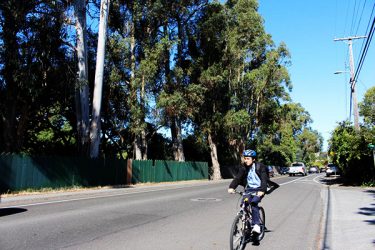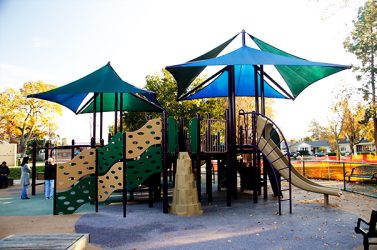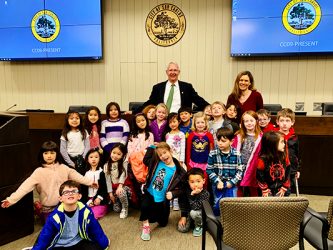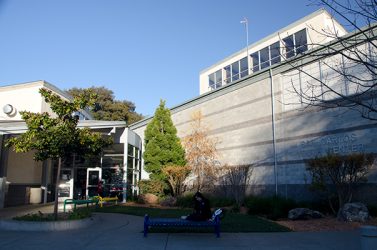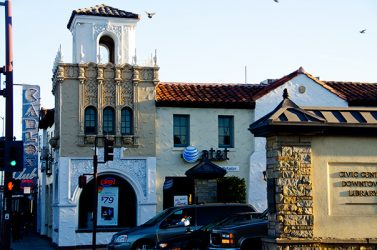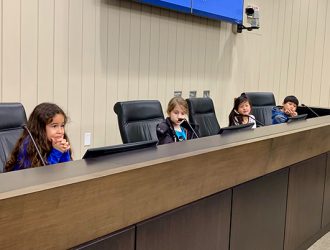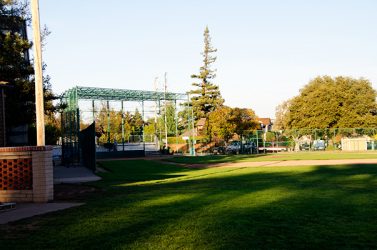At the June 10, 2013 Council meeting we’ll be discussing a proposal from a group of sister cities about revamping the board which oversees the South Bay Waste Management Authority (SBWMA). The Authority is a joint powers authority (JPA) which operates the Transfer Station located just north of San Carlos Airport and which oversees the performance of our garbage contractor, Recology.
JPAs are a tool used throughout government to achieve economies of scale in common operations. Every community produces garbage and sewage. Having each city operate its own sewage treatment plant would be significantly more expensive than building a bigger plant to handle the output of multiple communities. A similar argument is made for garbage & recycling collection.
The oversight board is currently comprised of staff members appointed by each municipality’s city council. The proposed change would fill those positions with representatives from each city’s council. The primary argument in favor of the change is that city council members, being elected, will provide more accountability to the public than staff . In an era when garbage & recycling fees are increasing significantly, the belief is that more accountability will hold down rate increases.
I do believe that better accountability, and more importantly transparency, will help hold down costs, and improve public understanding of why cost increases are occurring. But our accountability/transparency deficit has nothing to do with the nature of the people sitting on the oversight board. For example, the South Bayside System Authority (SBSA) — the JPA which operates the sewage treatment facility used by San Carlos — has an oversight board composed of city council members. Yet the same low level of insight into SBSA issues exists. Recent sewer rate increases are even higher than for trash collection.
The problem isn’t with who’s doing the overseeing. It’s how the oversight is being done.
I’ve been on the Council for 18 months now, and I’ve yet to participate in a discussion where we gave direction to our representatives on the SBWMA or SBSA oversight boards. Nor, except in the context of reviewing rate increase proposals, have I participated in a discussion about what’s in the offing for the SBWMA or the SBSA. Rate increase reviews are precisely the wrong environment for discussing the longer-term issues and challenges facing a JPA. Their primary focus is on raising revenue to cover obligations already approved or in the pipeline. The more important discussion is what needs to be done for the JPA to fulfill its mission. Put simply, if you want to manage rates, manage costs. But to do that, you have to discuss issues and give direction before plans are adopted.
To be fair, our JPA representatives are participating in exactly those sorts of discussions at JPA board meetings. I also believe they are doing a credible job of representing San Carlos’ interests. But that doesn’t mean our obligation to be transparent with the public is being met, or that our representatives are benefiting from the insight and perspectives of their colleagues. Those ends can only be met through discussion by the whole Council, in public.
Such discussions would benefit from an independent, third-party perspective on a JPA’s operations and plans. Not because of a lack of trust in JPA management — if management isn’t trusted, it should be replaced — but because an independent perspective will help council members, who cannot be technical experts in JPA matters, determine what’s best for our community. It’s relatively straightforward, and fairly common, to purchase that perspective from engineering consultants. True, it would cost money. But the cost could be shared by all the member agencies of a JPA, since all would benefit from it.
So tomorrow night I’ll be lobbying for regular, timely and informed discussions on JPA activities, because that’s the best way I can see of improving our JPA oversight.
And that’s far more important than debating who sits on a JPA oversight board.
